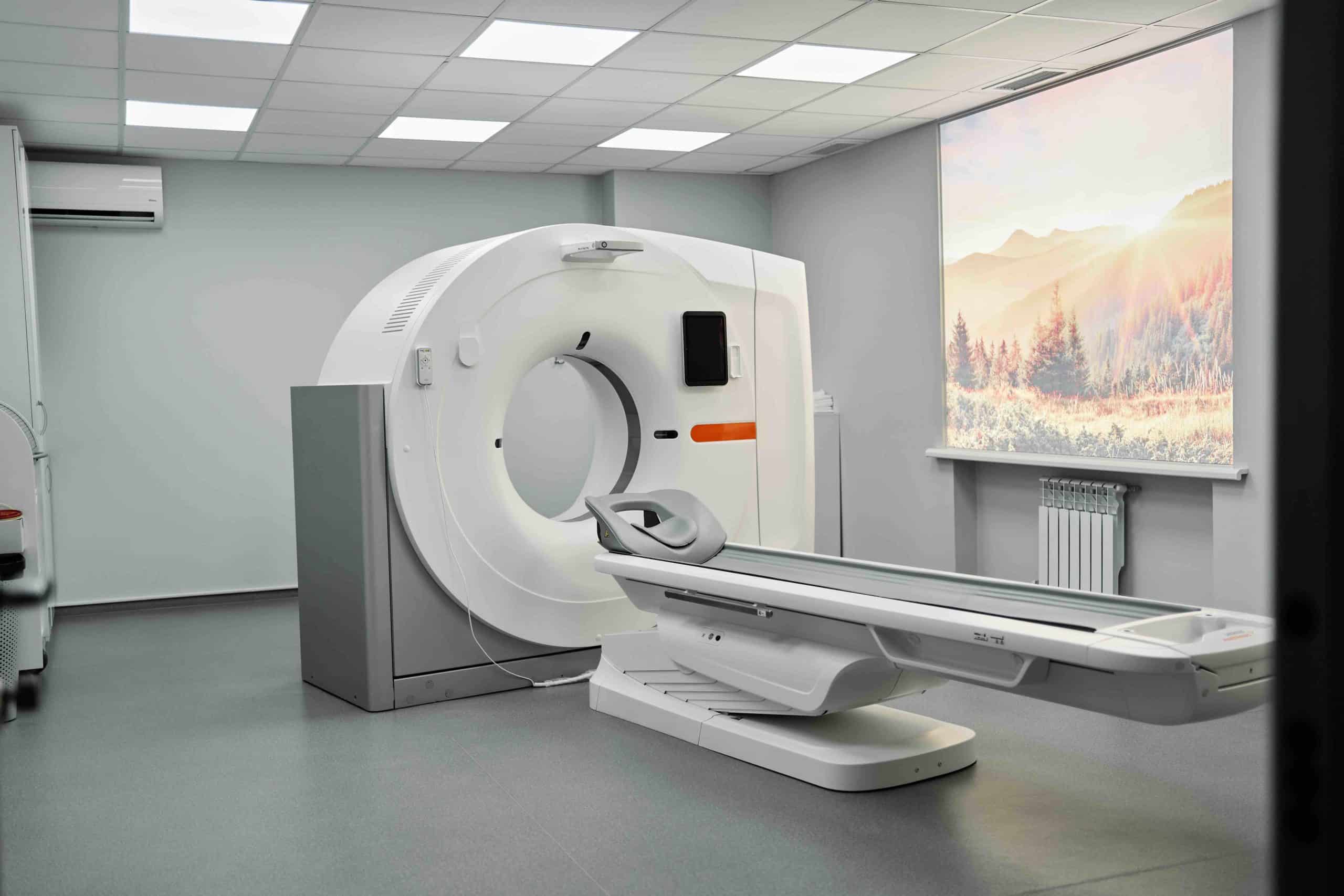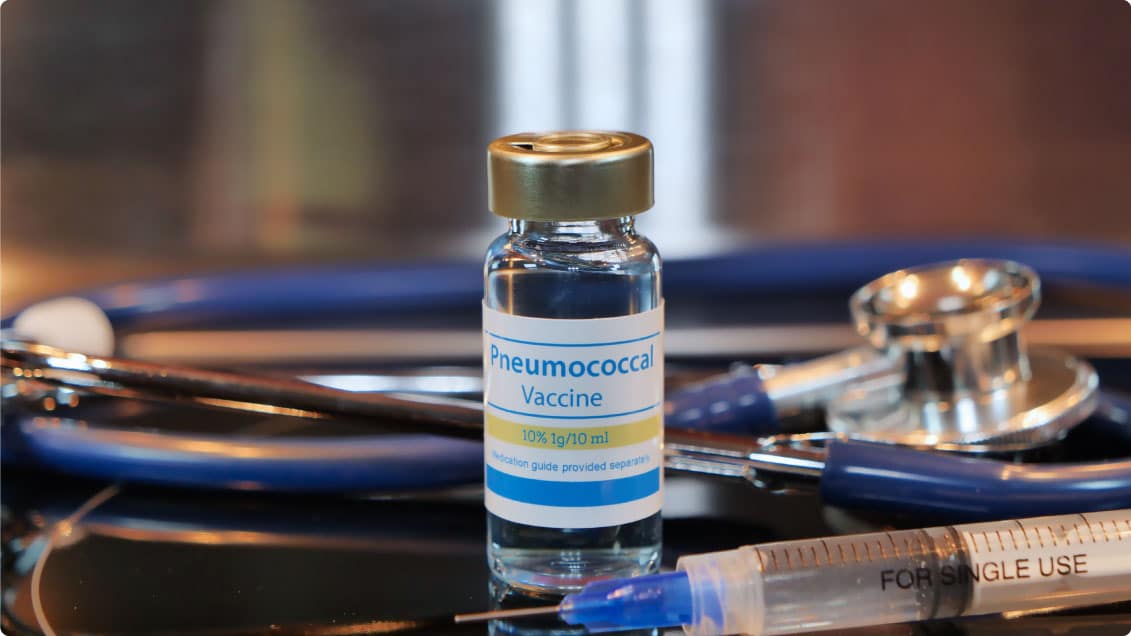The appeal of a full-body MRI is undeniable, as it can uncover hidden conditions before they develop into symptoms or become harder to treat. Some of our patients have opted for this test, and many others are curious about it. While the technology offers promising early detection capabilities, it’s essential to thoughtfully weigh both the benefits and risks before deciding.
Potential Benefits
Comprehensive Screening: A full-body MRI can scan nearly every part of your body without using radiation, potentially identifying tumors, aneurysms, or other abnormalities that may not yet be apparent. This offers a thorough assessment in a single visit.
Early Detection: One of the key advantages of full-body MRIs is their ability to detect serious diseases at an early stage. For example, TV host Maria Menounos shared how a full-body MRI identified her pancreatic cancer early, allowing her to receive timely treatment. A neurosurgeon I spoke with described a case where a full-body MRI detected a malignant spinal tumor in a patient without prior symptoms, leading to timely surgery and possibly an improved prognosis.
These examples illustrate the potentially life-saving benefits of early detection, but it’s crucial to balance these advantages with the associated risks.
Potential Risks
False Positives: Full-body MRIs often detect benign abnormalities that can result in unnecessary follow-up tests, biopsies, or even surgeries. Many individuals may encounter “incidentalomas”—findings without clinical significance.
Case Scenario: A woman in her 60s undergoes a full-body MRI, which shows a suspicious spot on her kidney. This leads to weeks of anxiety and a painful biopsy, only to discover that the finding is harmless.
False Negatives / Limited Effectiveness: Full-body MRIs can miss serious conditions, leaving individuals with a false sense of security. Targeted screening tests (like mammograms, colonoscopies, or low-dose CT scans) are often more effective for specific cancers, such as breast, colon, and lung cancers.
Case Scenario: A man in his 50s receives a clean bill of health from a full-body MRI, prompting him to delay his colonoscopy. His worsening constipation ultimately reveals advanced colon cancer that the MRI failed to detect, delaying his diagnosis and worsening his outcome.
Overdiagnosis: Full-body MRIs can identify slow-growing conditions that may never cause symptoms, leading to unnecessary treatments.
Case Scenario: A man in his 70s has a full-body MRI during a routine checkup, which reveals a small, slow-growing prostate tumor. Although the tumor is unlikely to cause harm, he opts for surgery to remove it, resulting in complications.
Personal risk tolerance plays a significant role in deciding whether or not to do a full-body MRI. Some people are more than comfortable accepting potential downsides like false positives for the benefit of catching something consequential early. Here at Peninsula Doctor, we found it has been essential for patients to have a good physician partner to navigate abnormal results or those of undetermined significance.
In conclusion, full-body MRIs, like many early detection screening tests available, offer the chance to identify serious conditions early, but they do come with potential risks. For those at higher risk of disease, the benefits of early detection may be more obvious. Some individuals find peace of mind in comprehensive screening, while others may worry about unnecessary follow-ups. Ultimately, it’s essential to balance these personal risks and benefits for yourself and work closely with a provider to partner with you in your decision-making process and to help navigate outcomes.


